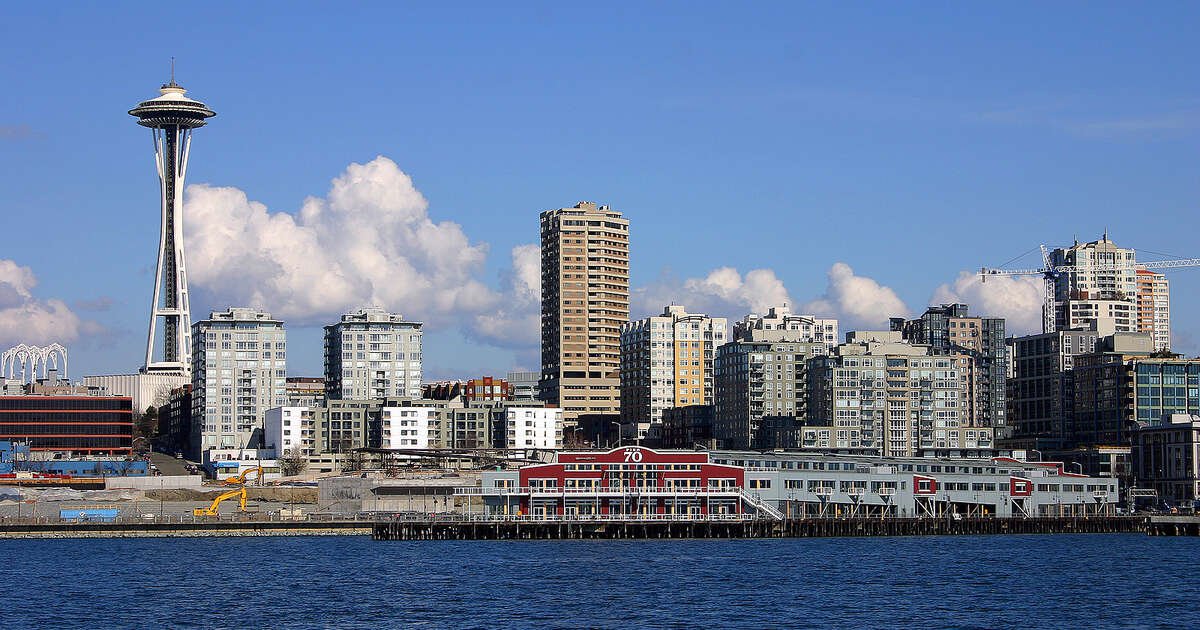A Closer Look at California’s Hidden Fees Statute
Starting July 1, 2024, California's Hidden Fees Statute will make it illegal to advertise prices without including all mandatory fees. This law targets deceptive "drip pricing" practices in industries like airlines, hotels, and food delivery services. Businesses must ensure advertised prices reflect the total cost to comply with this new regulation.
A Closer Look at California’s Hidden Fees Statute
On July 1, 2024, California’s Hidden Fees Statute (aka the “Honest Pricing Law”) will take effect, making it illegal to advertise a price that does not include all the required fees and ancillary charges associated with the product or service being advertised.
This law will affect a wide variety of businesses that cater to consumers and include prices in their advertisements or websites that do not include any mandatory fees that are later added during the purchase transaction.
Background of Hidden Fees Statute
In October of 2023, the California State Senate joined the Federal Trade Commission (FTC) and a growing list of state lawmakers and regulators to pass SB 478, which imposed strict limits on advertising prices without disclosing any additional required fees. SB 478 amended the California Consumer Legal Remedies Act (CLRA) by prohibiting companies from “advertising, displaying, or offering a price for a good or service that does not include all mandatory fees or charges other than either of the following: (i) Taxes or fees imposed by a government on the transaction; [or] (ii) Postage or carriage charges that will be reasonably and actually incurred to ship the physical good to the consumer.” The full text of the law can be found at section 1770(a) (29) of the California Civil Code.
The Hidden Fees Statute was drafted to target the practice of “drip pricing,” which involves advertising a price for a product or service that is less than the actual price that consumers will eventually pay when they purchase it, due to the addition of hidden fees, which are (or should be) eventually disclosed at the point of purchase.
Many companies that cater to consumers such as those offering concert tickets, hotels and short term rentals, airline tickets, and food delivery services employ drip pricing strategies. When they are eventually disclosed at the point of purchase, these hidden fees are further disguised by these companies through the use of innocuous terms like “service fee,” “convenience fee,” or “booking fee.” According to the California AG, drip pricing is a form of deceptive advertising that also violates existing state and federal law..
Note that the new law does not limit the amount a company can charge for goods and services. It simply requires that if a company chooses to list a price for whatever it’s selling, the advertised price must be the entire amount the consumer will have to pay,
Scope of Coverage
The Hidden Fees Statute covers any published advertisement or web page that includes the price of consumer goods and services that can be purchased by California residents. Starting on July 1st, every company that offers goods and services for consumers’ personal use will be required to include all mandatory fees or charges in their advertised prices, so that the price someone first sees will be the same price they pay.
If a company does not know the full price of an item at the start of a purchase transaction, it cannot display the potential price until the final price is set, presumably by selections made by the consumer during the transaction.
Advertisements that do not reference a price for the advertised product or service are not covered by the law, even if the ad mentions specific discounts.
Allowed Exclusions for Hidden Fees Statute
While neither the Hidden Fees statute nor the AG’s guidance specifically define what constitutes “mandatory fees or charges,” any additional charges associated with a purchase, except for taxes, government imposed fees, or reasonable shipping costs must be included in the advertised price. This includes any charges used to pay for business costs, such as handling fees.
The advertised price does not have to incorporate optional fees, such as gratuities, voluntary upgrades, or any other fees that may be later chosen by consumers. Likewise, any fees that are contingent upon a consumer’s actions, such as late fees, damages, or similar charges that are with a consumer’s control are not considered mandatory and hence do not need to be included in the advertised price.
And, while food delivery services must include the delivery charge and any other mandatory fees in the price of the item ordered, such is not the case if food is ordered directly from a restaurant that delivers the item directly. In that case, delivery fees do not be included in the advertised price, as the delivery is considered a separate service from the food itself. A clear distinction is drawn between delivery fees, which are separate, and “service fees” and compulsory gratuity payments, as the latter are considered mandatory and would need to be included in the overall price.
How Strictly Will the Law be Enforced?
In anticipation of the start date of the Hidden Fees Statute, the California Attorney General (AG) has published guidance in the form of frequently asked questions on what the law covers and how best to comply with its requirements.
Although drip pricing has not been a major focus of the California AG, it appears as though it intends to aggressively enforce the Hidden Fees Statute once it takes effect. While many factors are considered when any regulatory agency makes an enforcement decision, they usually focus their initial efforts on obvious and egregious violations, rather than honest mistakes.
That said, any company that utilizes drip pricing or otherwise fails to disclose any and all mandatory fees in its advertised prices would be well advised to change their practices in advance of July 1st.





